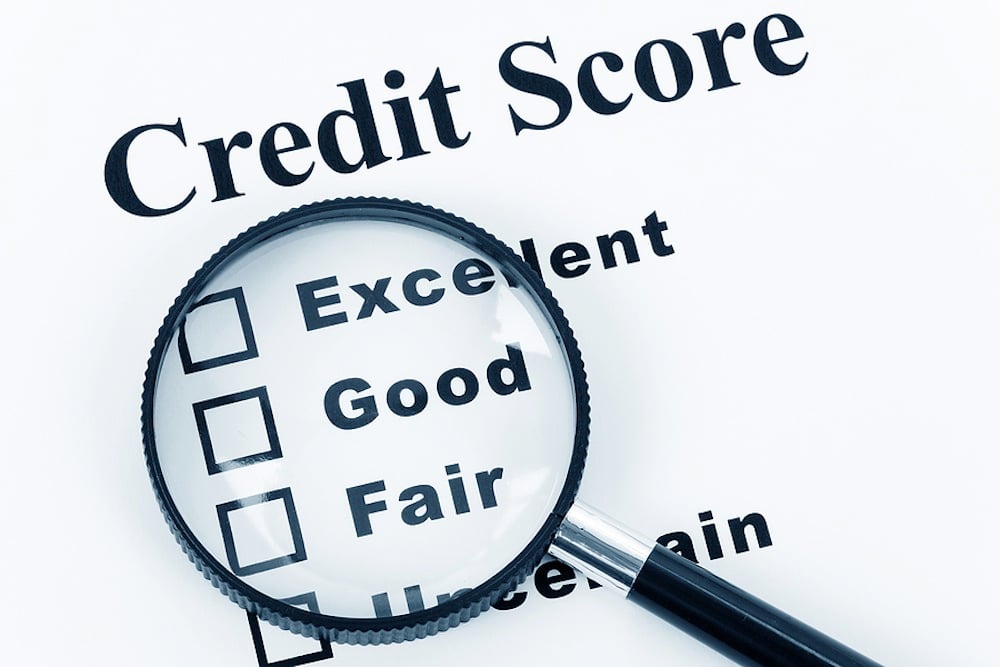June 16, 2017
Credit scores can be a bit mysterious. Here are a few of the most common misunderstandings about credit scores:
 If my score is low, I can’t get approved for credit.
If my score is low, I can’t get approved for credit.
Your credit score is not a standalone factor which determines a lender’s decision to offer you a line of credit. Most lenders understand circumstances can change, and consider your ability, stability, and willingness to pay back the loan, when making their decision. Ability = Do you have the means to pay the loan? Stability = Do you have stable employment and residence? Willingness = What does your recent credit history say about your intentions to pay?
It’s difficult to improve your credit score.
The easiest way to improving your score is making on-time payments, and paying off old debts. Other factors, such as using credit responsibly by keeping credit card balances low, will improve your credit score over time. New information has more of an impact than old information on your credit report, and negative reporting falls off your reports after seven years. There’s no magic formula when it comes to improving your credit score, but paying bills on time and as promised is the most important factor.
Cosigning for a credit card or loan won’t affect my credit.
When you cosign on any type of credit, you are providing your personal guarantee that the person named on the loan will pay according to the terms of the agreement. If they don’t, the creditor can hold you responsible, and you are legally responsible for the debt when you cosign. If the borrower misses or makes late payments, it will affect your score, but if they make payments on time and according to the contract, it can also affect it positively.
It’s best to close lines of credit if you no longer want or need them.
Eliminating an open line of credit reduces the total amount of available credit that appears on your reports. This may have a negative effect on the debt-to-credit ratio, which could cause your credit score drop.
For credit cards, it’s suggested to leave the account open unless it has a high annual fee, or you don’t feel you can resist the urge to use it.
Checking your credit before you apply for a loan will hurt your score.
Everyone is entitled by law to a free copy of their credit report once every 12 months from each of the three major credit bureaus. You can request each at the same time, or at different times throughout the year. Accessing your credit report under this law doesn’t affect your score.
Remember the most important aspect of improving credit is to make your payments in full and on time. As always, it's a good idea to contact a qualified lender with any questions, such as how to build credit through installment loans in South Carolina or Georgia.
For more great information on all things credit-related, head to our 'Basics of Credit' reference page.
Related Posts
March 09, 2020
April 29, 2024









